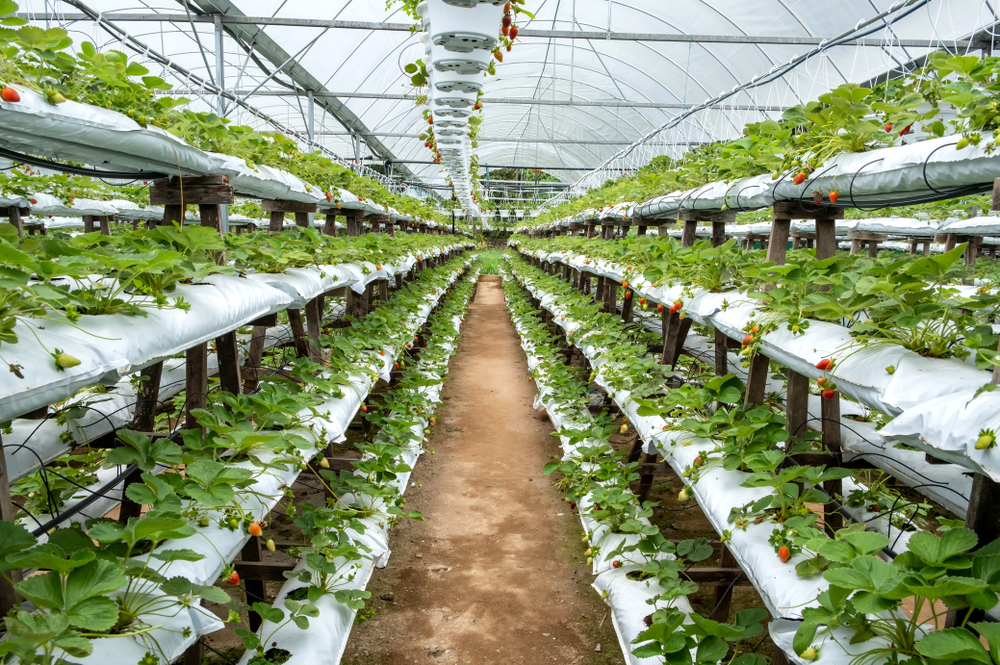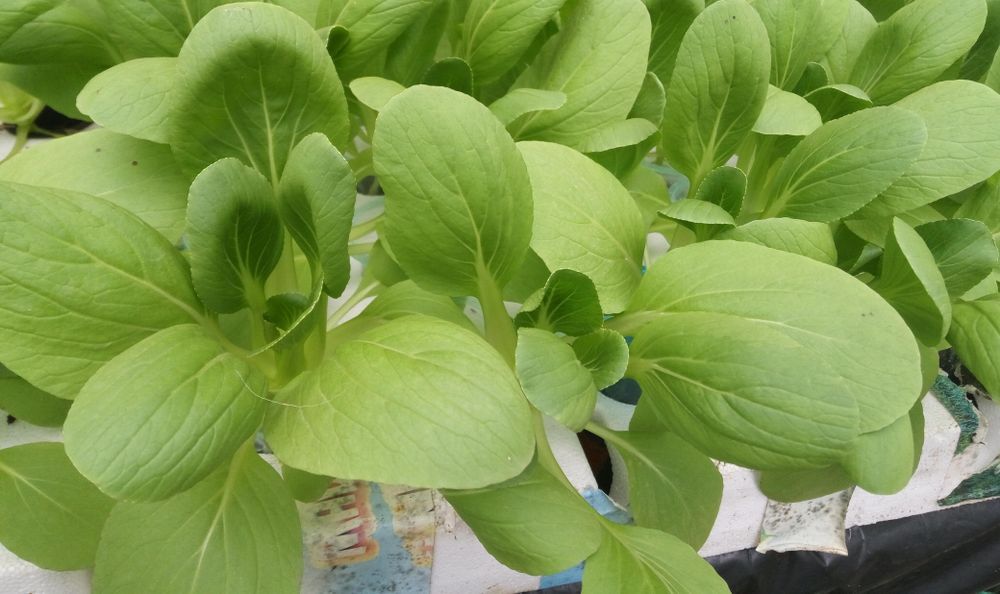Why Go Hydro?
Whether you're a gardener or not, you've probably heard about hydroponic gardening, even if you don't know exactly what that means. Hydroponic gardening is picking up popularity, not only among individual home gardeners, but on a massive industrial scale. Massive indoor farms are popping up in densely populated urban areas, not where you'd traditionally expect to find 10 acres of lettuce growing happily. In fact, from the outside, you may never have suspected that the brick warehouse on your city block is actually housing a high-yield vegetable farm. Hydroponic growing isn't just an interesting fad or a tech trend for farms, it's an ultra-efficient, sustainable way to grow plants and vegetables that is offering a lot of promise for a transforming agricultural landscape. It's also a technique that you can implement at home.
The Trend
Hydroponic farming isn't a niche gardening method. It's a big deal. Forecasts by Research and Markets expect hydroponic crops to reach a value of $13.73 Billion by 2025. IBISWorld reports that there are currently 3,214 businesses in the US in the hydroponic growing industry. It's become such a prevalent farming method that you can now find hydroponically grown vegetables at many common grocers and you might have even picked up a batch of hydroponic lettuce or tomatoes at the store, without the distinction ever occurring to you.

What's The Difference?
Hydroponic farming is trending for good reason. It's an extremely efficient use of water, space, and time that makes it a more sustainable and planet-friendly growing method. These resource savings are made all the more valuable when you consider the escalating global population and the growing scarcity of arable land and fresh water. Hydroponic is not a new technology by any means; similar methods have even been traced back to ancient Aztec civilizations. It's growing popularity is coming from a place of timely necessity and some recent technological optimizations.
(Statistics from Hydroponic Micro Farms)
90% LESS WATER
Some hydroponic crops use up to 90% less water than with traditional farming methods.
1/4 OF THE SPACE
Farms can grow 4 times as much as traditional farms in the same amount of space.
2 X FASTER
Some hydroponic crops grow twice as fast because of the efficient use of water, nutrients and oxygen.
NO CHEMICALS
Hydroponic crops require no herbicide or pesticide chemicals which can adversely affect the planet.
Does It Taste Different?
The differences in resource usage and sustainability for hydroponics are tremendous! You may ask yourself however if you are trading in some quality and flavor for this kind of efficiency. It's true that some of a vegetable's character and flavor come from environmental factors like the soil and air. However, the same can be said for hydroponics, just instead of nutrients coming from the soil, it's coming from the enriched water, and the light, artificial or not, is going to operate the same way biologically for the plants. When balanced properly, the elements of water, nutrients, and light are going to result in the same product. What's more, growers have more control over a hydroponic environment than they would over an open-air soil environment, meaning that the quality can be controlled with much more assurance, not to mention the complete absence of herbicides and pesticides.

Hydroponics At Home
It's very clear why hydroponic gardening is effective on the industrial scale, but what can it do for your home garden?
Many of the benefits are going to be the same. You'll save water, space, and time. The biggest difference is that you don't use soil! This means that you'll be able to grow indoors, have a longer growing season, and have more control over the environment to encourage faster, healthier production. Having garden-to-table vegetables during the cool months is possible with hydroponic growing. When used in conjunction with Ferry-Morse grow lights, growing with Jiffy-Hydro systems are a complete and self-contained way to garden vegetables indoors.
Our Products

Jiffy Hydro Growing System
The Jiffy Hydro Growing System allows young to mature plants to grow in the comfort of your own home. Designed for indoor use, it is the perfect hydroponic system to transplant young plants into from starter kits.
Ferry-Morse Grow Light
The Grow Light is a great light source for your growing seedlings. Designed for indoor use, this grow light can help your seedlings get the light they need to grow healthy and strong. The 2 foot height of the fixture allows you to take advantage of this light source from seed to young plant.

What To Grow With Hydro
Hydroponic gardening has proven to be highly viable method for growing vegetables, but it certainly works better for some vegetable than for others. These are the most tried and true varieties for hydroponic growing because of their water and nutrient needs.
Already Growing With Jiffy Hydro?
Share with us on social!
Spread the love and share the knowledge by following along and tagging us on our social accounts.













